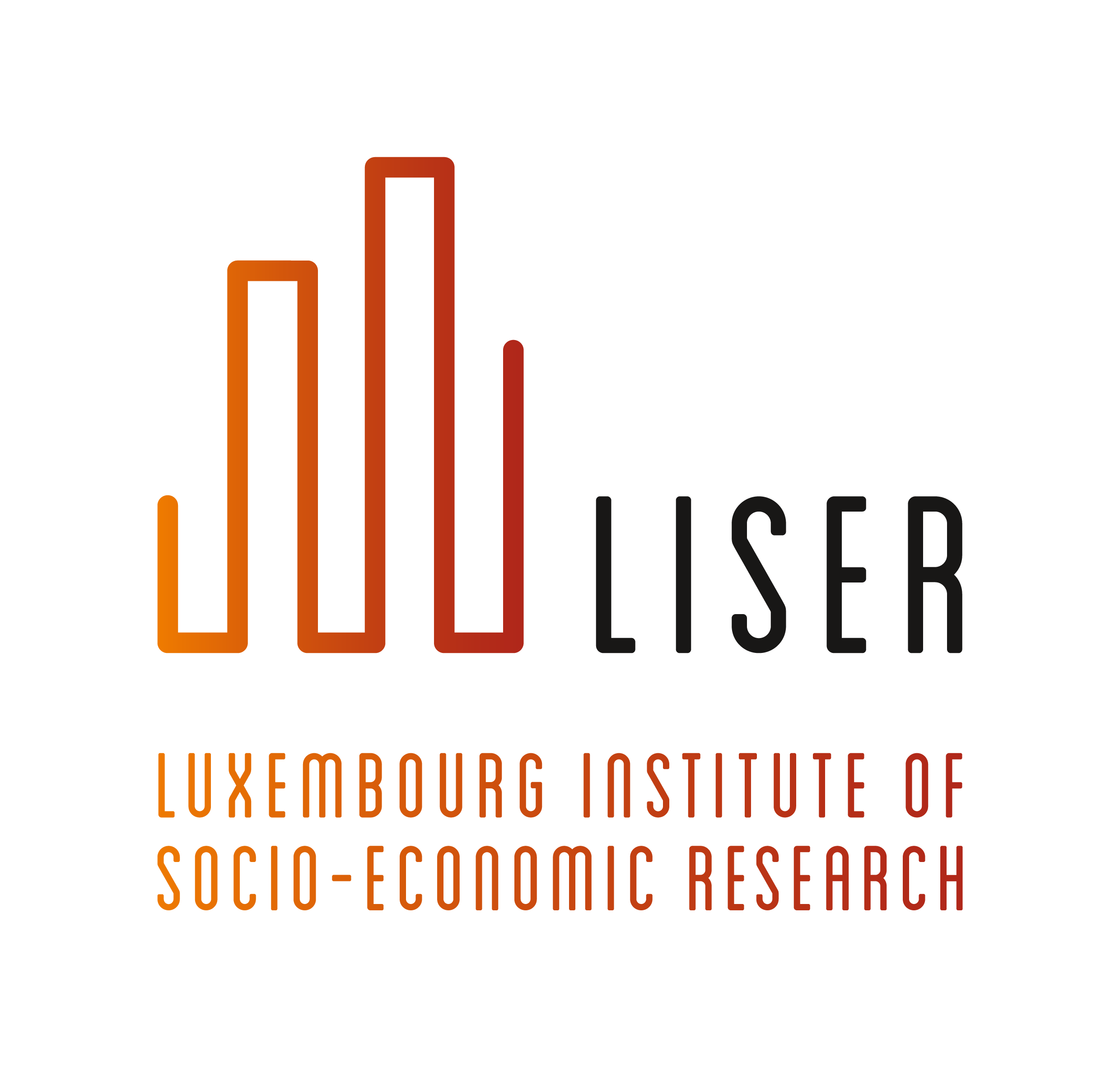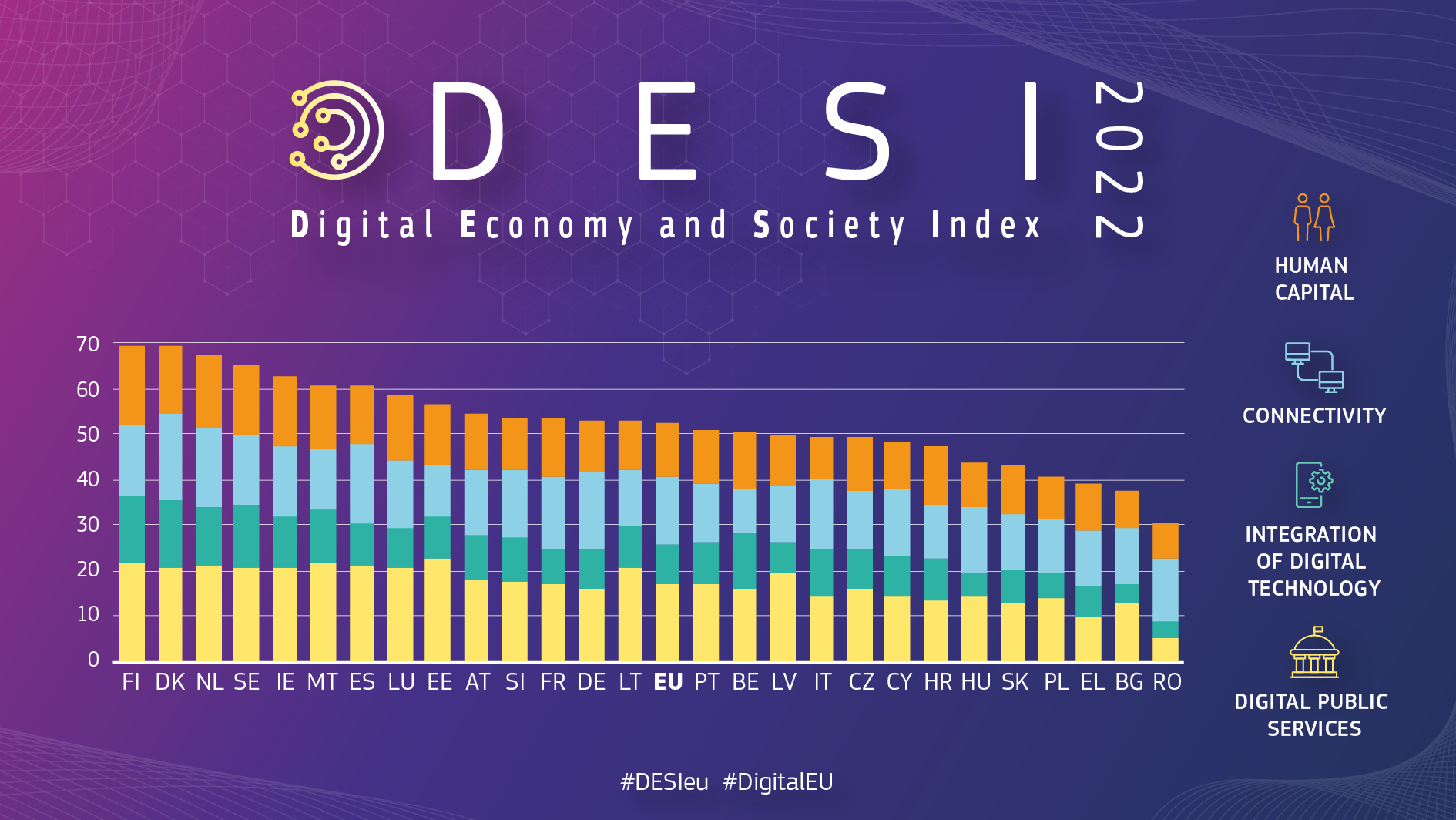
Digital inclusion. Identifying the factors behind the digital divide
The Ministry of Digitalisation has released the results of a study it commissioned from the Luxembourg Institute of Socio-Economic Research (LISER): “Digital Inclusion. Identifying the factors behind the digital divide“. The study, now available online, is one of the 40 initiatives foreseen in the National Plan for Digital Inclusion. The study completes the survey requested …




